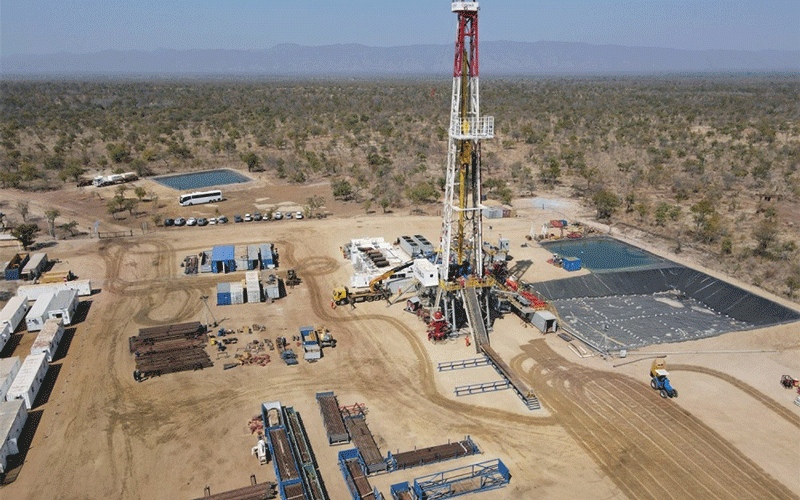
ECONOMIC development is needed to address endemic corruption in Zimbabwe, which has the highest level of corruption in southern Africa.
BY VICTORIA MTOMBA
According to the annual corruption report, Political Economy of Corruption and the Battle for Accountability in Zimbabwe 2000/2015, launched by Transparency International, corruption in Zimbabwe was increasing, with 68%-74% of the people believing that corruption was growing.
“A sustained long-term solution to corruption is economic development,” the report showed.
Zimbabwe has been performing poorly on freedom from corruption, regulatory quality, voice and accountability and rule of law. The country is on number 21 out of 100 on the 2015 Corruption Perceptions Index (CPI), while Botswana is the least corrupt country in the region.
Despite being the most corrupt country, Zimbabwe’s ranking on the CPI has improved from 156 out of 174 in 2014 to 150 out of 168 in 2015.
“A major driver of corruption in Zimbabwe is the widespread poverty and low incomes, especially the low level of public and private sector wages. The average real earnings index for the whole economy has remarkably declined from 159 in 2010 to 95,7 in 2014.This means the purchasing power of wages has diminished, implying that the workers’ standard of living has gone down,” the report said.
“This trend also confirms that real average earnings in Zimbabwe have been more downwardly flexible than previously thought and have been surprisingly responsive to unemployment rates and the weakening economy in general.”
- Chamisa under fire over US$120K donation
- Mavhunga puts DeMbare into Chibuku quarterfinals
- Pension funds bet on Cabora Bassa oilfields
- Councils defy govt fire tender directive
Keep Reading
The report showed that poor and ineffective institutions were a major driver of corruption in the country and lack of political will and unstable policy environment made the country’s anti-corruption strategies ineffective.
The report showed that corruption is being done by political actors with political positions and some scandals are coming out because of political infighting and perpetrators are rarely prosecuted. It said the cost of legal compliance is higher than the cost of one bribing their way out of the system.
“Corruption is causing per capita levels to go down and also erodes the savings culture”
MMC Capital director Itayi Chirume said the placement of banks under curatorship in the period 2003/4 due to weak corporate governance affected confidence in the banking sector and, hence, the propensity of saving became lower.
“We have also seen huge bad loans in the banking sector which has been acquired by the Zimbabwe Asset Management Company (Zamco). The establishment of Zamco is a sign of the cost of corruption to the economy. The economic cost of corruption to the economy can also been seen in the Debt Assumption Bill, where $1,1 billion loans were taken over by the government on behalf of Reserve Bank of Zimbabwe on its quasi fiscal activities,” he said.
Chirume said the country’s debt has a corruption portion adding that out of $10bn total debt, $2,4bn was attributed to corruption in government.
“High debt means a huge risk premium in the eyes of investors. Investors would want to look at Zimbabwe capacity to repay debts. There is need to put legislation that suggests that national interest should override personal interest. There is also need for the reallocation of resources as tax that is supposed to be in government coffers end up in individual pockets,” he said.











